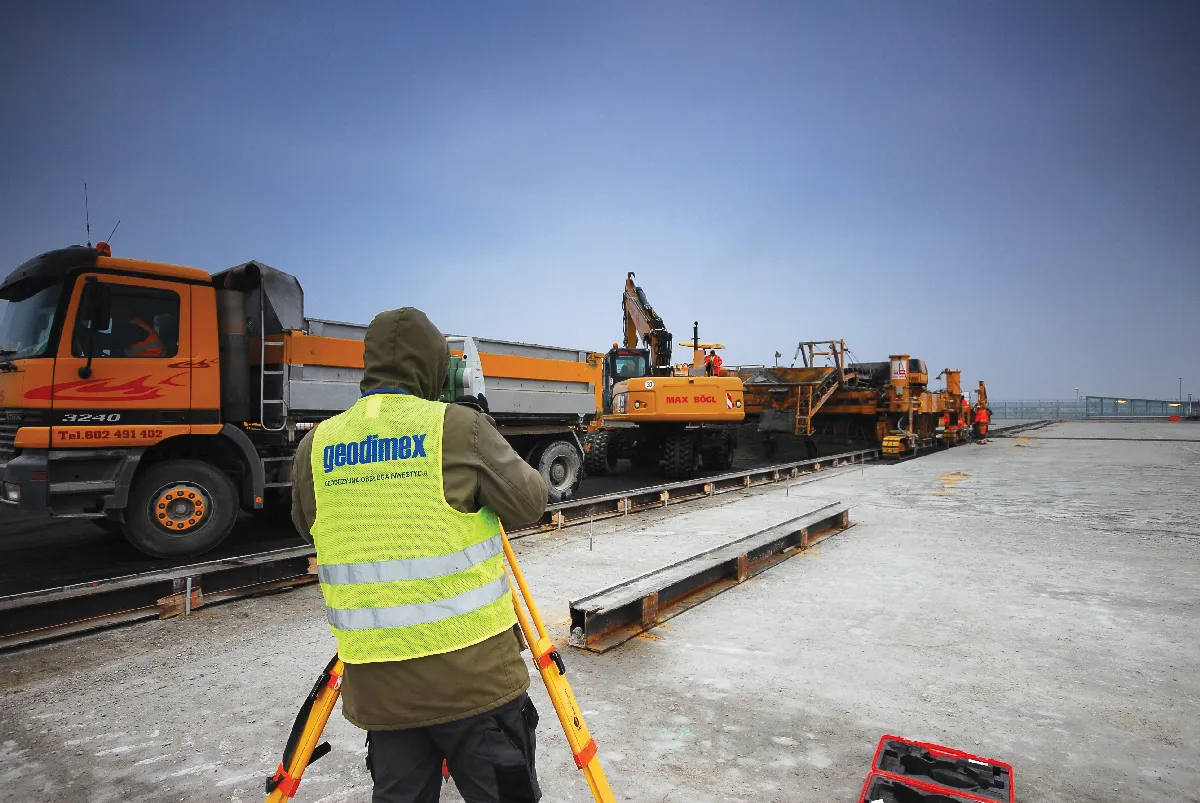Questions are being asked in Poland over the poor performance of the recently paved S8 dual carriageway, close to capital Warsaw.
March 2, 2012
Read time: 1 min
Questions are being asked in Poland over the poor performance of the recently paved S8 dual carriageway, close to capital Warsaw. The 3519 Polish General Directorate for National Roads and Motorways (GDDKiA) is asking the consortium that built the S8 link, which comprises, 3302 Budimex 3546 Dromex, 945 Strabag, 3544 Warbud and 3304 Mostostal Warszawa, to repair the affected section. GDDKiA has said that the asphalt density is too low and there are cracks in the road. However, the consortium has responded that the problems have arisen as the project schedule called for work to be carried out during winter, causing fast cooling of the asphalt mat, which affected compaction.







